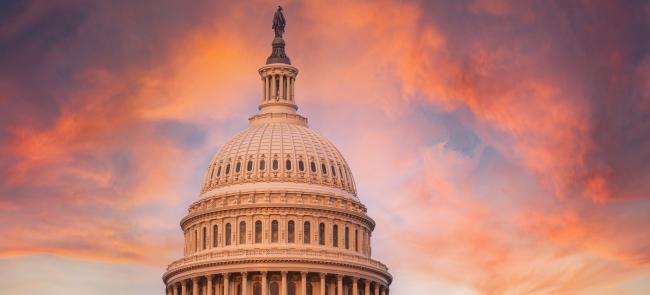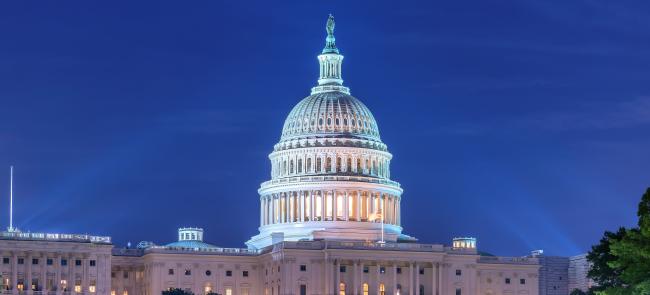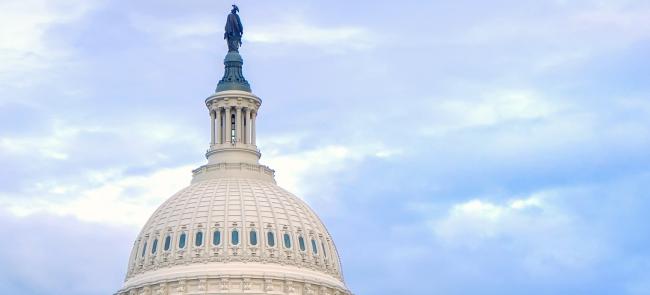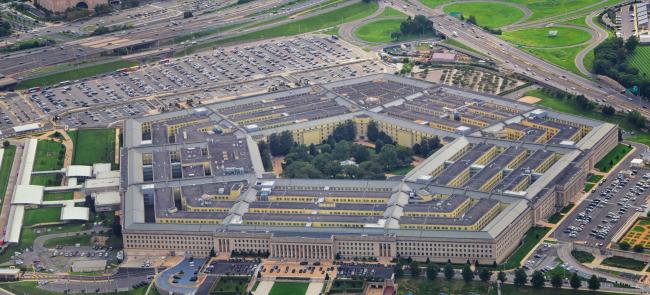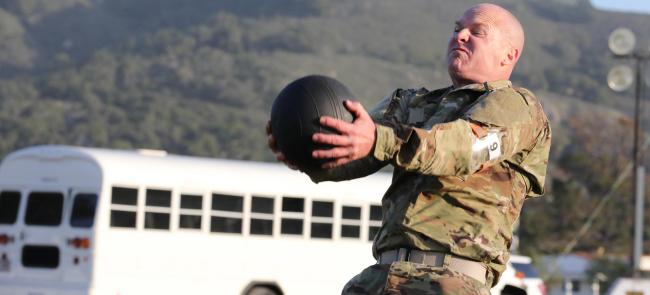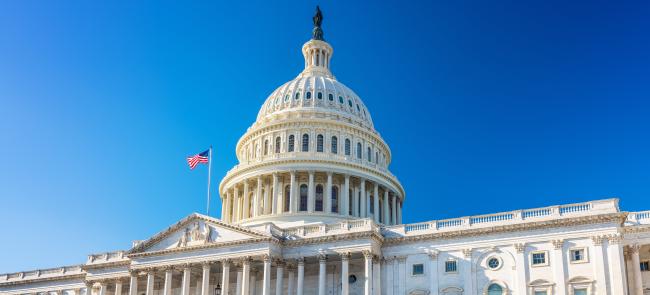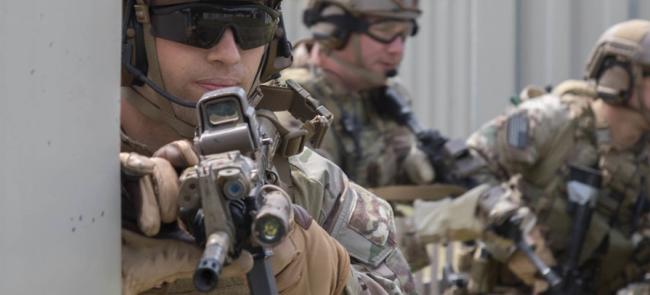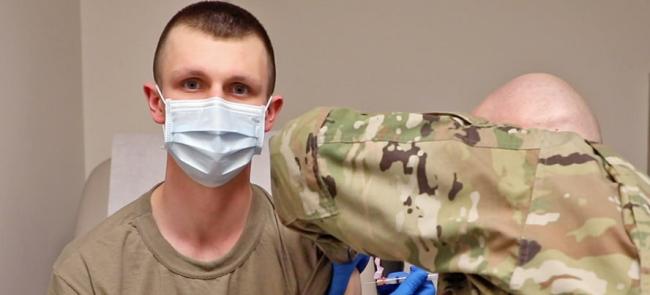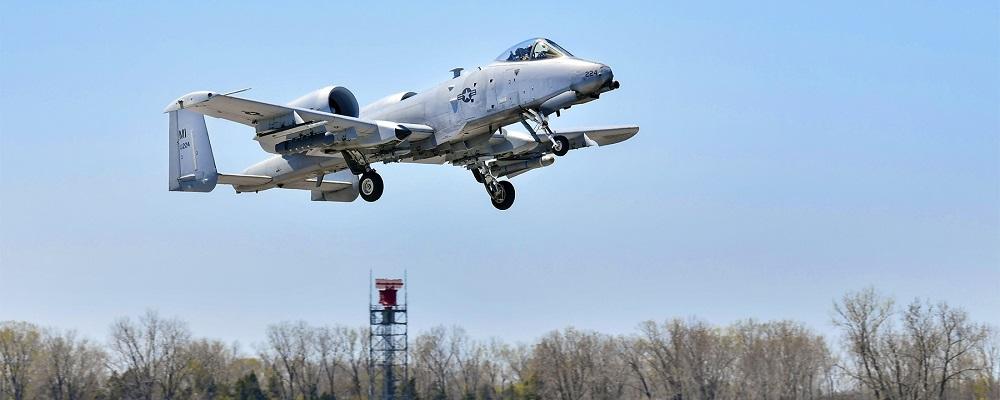
The Senate Armed Services Committee has pushed forward its version of the fiscal 2021 National Defense Authorization Act, but the potential impact on the Guard is not entirely clear.
A full version of the NDAA text has yet to be released. But it has bipartisan support, with senators praising the bill as “a needed step toward strengthening national security and prioritizing national defense resources.”
“This year marks the 60th year in a row that the committee has fulfilled our constitutional duty to provide for the common defense by advancing the National Defense Authorization Act – once again with overwhelming support,” said Sen. Jim Inhofe, R-Okla., the SASC chairman. “There’s a reason for this: it’s because this bill is, to its core, bipartisan, reflecting equal input from Republicans and Democrats alike.”
The bill will head to the Senate floor in the coming weeks. The House Armed Services Committee will mark up its version of the bill on July 1.
A key omission from the bill is the creation of a Space National Guard, something NGAUS and Guard leaders have been advocating for.
Instead, the Senate version of the NDAA delays the establishment of such a force until completion of a Defense Department study.
In all, the Senate version authorizes $740.5 billion in total defense funding, including $705.4 billion for the Defense Department. That includes a 3% pay raise for military personnel.
The bill would also prohibit the Air Force from divesting A-10 aircraft, require an annual aviation procurement plan for all services and provide reserve retirement relief for service members impacted by a COVID-19 stop movement order.
Other provisions that could impact the Guard include the requirement for a study of Reserve Component suicide prevention efforts, a review of the Guard response to cyberattacks and a pilot program to help prepare the Guard to provide remote cyber assistance in the event of such attacks.


